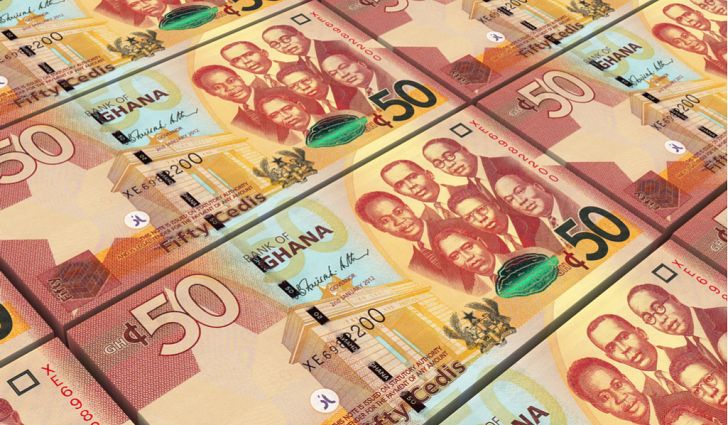As the country and the citizenry alike continue to groan under the current severe economic hardship, Ghanaians can sigh as some market observers predicted the cedi to stabilize in the short term amidst multiple factors trying to influence its performance.
Stability of the cedi is exciting news to both investors and economy, especially as the country is largely an import-dependent country. This means that, it has the tendency to keep inflation at bay, because there is a direct relationship between depreciation of the cedi and inflation. Recently when the cedi was experiencing a freefall, inflation was also gathering momentum and rose to historical points.
The anticipated relative stability against major trading partners is due to a combination of factors. These include recent coupon payments for new bonds, decreased import demands, and the allocation of foreign exchange (FX) to oil players, which serves to offset growing demands from corporate entities.
The relative stability predicted was against the backdrop of depreciation of approximately 22 percent against the U.S. dollar since the start of the year. Despite the volatility, the cedi has managed to stay within a fairly steady range, fluctuating between 11.01 and 11.45 against the dollar over recent weeks.
Databank Research pointed out that a recent surge in corporate demand for foreign exchange, temporarily strained the market liquidity. Nonetheless, the cedi saw some strengthening, partly attributed to the Federal Reserve’s announcement of a cautious policy rate hike, which helped ease market uncertainties.
Potential Risks
Another market observer, GCB Capital, acknowledged potential risks to the cedi’s stability, including the ongoing strength of the U.S. dollar and tightening FX liquidity conditions. However, they remain optimistic about fiscal improvements and the positive impact of recent coupon payments on market sentiment.
The recent settlement of the GH¢2.4 billion first coupon payment for new bonds under the Domestic Debt Exchange Programme by the Treasury has alleviated concerns about its ability to meet obligations. A significant portion of this coupon payment, GH¢5.37 million, was allocated to individual bondholders.
GCB Capital, while expressing caution about the cedi’s vulnerability to short-term shocks in tight FX liquidity conditions, anticipates some support from the BDCs FX auction in the near term.
Constant Capital analysts also noted that the cedi appears to benefit from reduced imports and lower FX demand pressure as a significant trade surplus has bolstered the nation’s current account, reaching a surplus of US$849 million in the first half of the year.
This surplus, equivalent to 1.1 percent of GDP, includes a year-on-year import decline of 13.5 percent compared to a deficit of 1.5 percent of GDP around the same time last year. Analysts at Constant Capital anticipate expected FX inflows toward year-end, including a US$600 million International Monetary Fund (IMF) disbursement and the cocoa syndicated facility.
This sentiment is echoed by AZA Finance, which predicted relative stability for the cedi, citing a consistent flow of forex to accommodate retail needs.
Meanwhile, the expected stability of the cedi echoed the views of the IMF Resident Representative in Ghana, Dr Leandro Medina, who noted that the economy is displaying promising signs of progress following a series of robust economic reforms aimed at achieving macroeconomic stability.


Comments are closed.